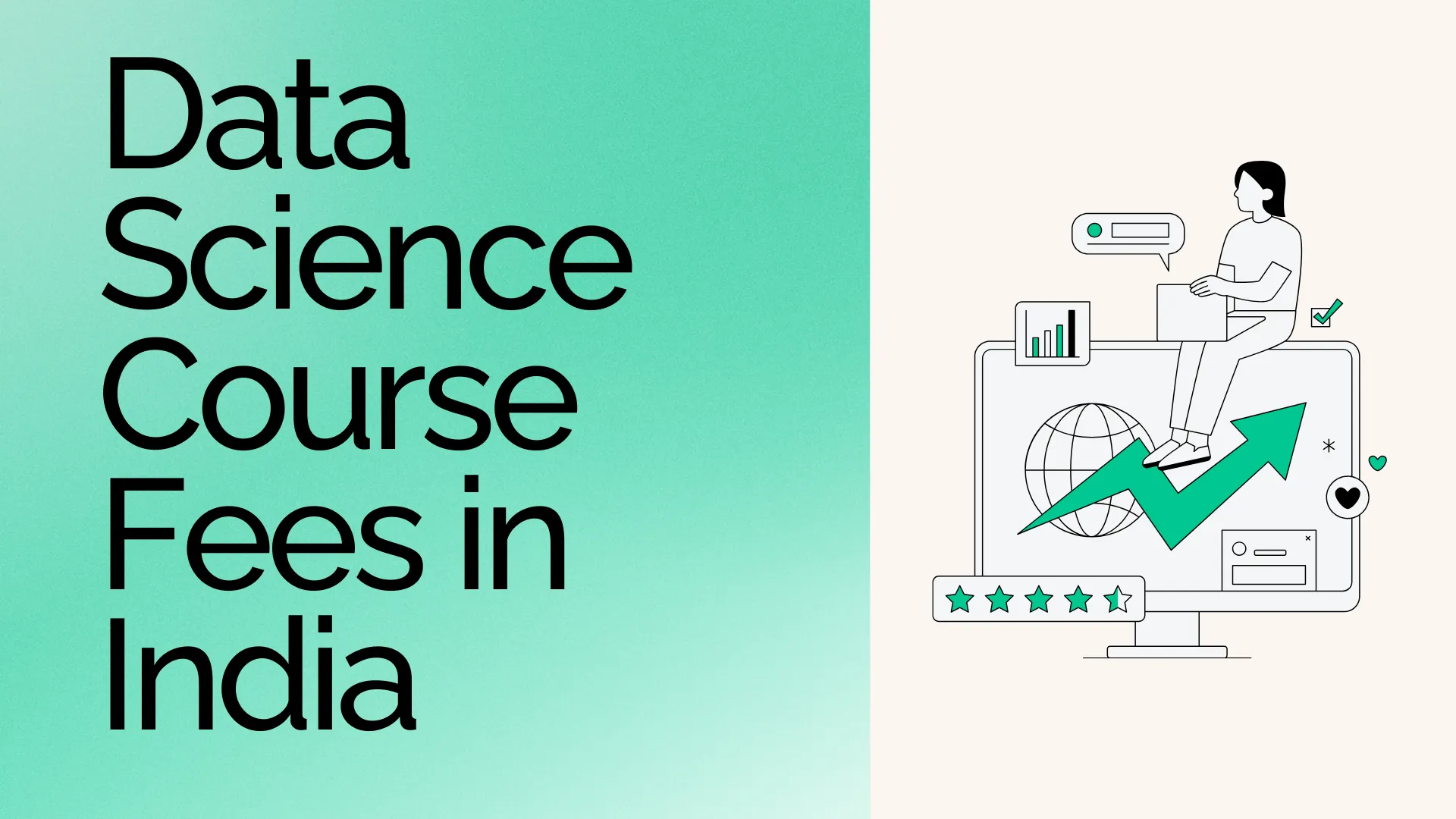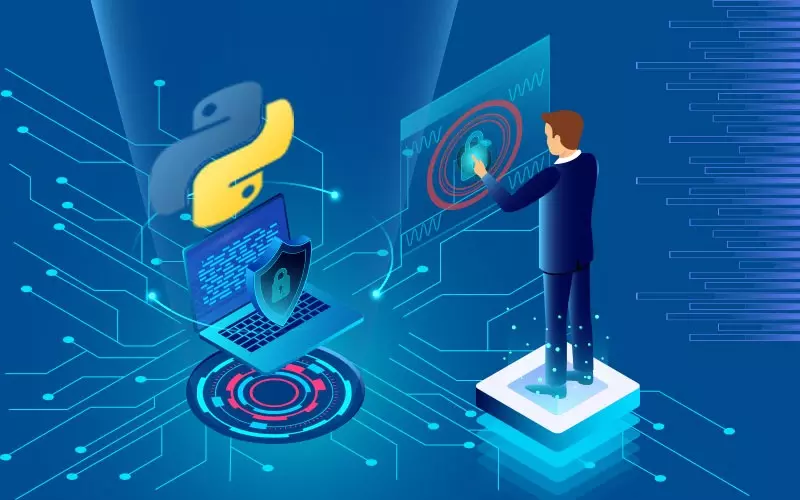Mastering Python: Advanced Tips and Tricks for 2023
Python is an incredibly popular programming language known for its simplicity, versatility, and powerful features. Whether you’re a beginner or an experienced developer, mastering Python can take your skills to the next level. In this article, we will explore some advanced tips and tricks that will help you become a Python expert in 2023.
Introduction to Python
In this section, we will provide an overview of Python, its history, and why it has become such a popular language in the programming community. We’ll discuss its syntax, dynamic typing, and the advantages it offers for rapid development.
Understanding Python Libraries and Packages
Python provides an extensive ecosystem of libraries and packages that extend its functionality. In this section, we’ll explore some popular libraries such as NumPy, Pandas, and Matplotlib. We’ll also delve into package management with tools like pip and conda.
Enhancing Code Performance with Python
Writing efficient code is essential for optimizing the performance of your Python applications. This section will cover topics like profiling, optimizing algorithms, and utilizing built-in functions for faster execution.
Advanced Data Manipulation and Analysis
Python offers robust tools for data manipulation and analysis. Here, we’ll explore advanced techniques for working with large datasets, data cleaning, and preprocessing. We’ll also introduce libraries like SciPy and scikit-learn for advanced scientific computing and machine learning.
Object-Oriented Programming in Python
Python supports object-oriented programming (OOP), allowing developers to create modular and reusable code. This section will cover OOP concepts, such as classes, objects, inheritance, and polymorphism, along with practical examples.
Advanced Python Debugging Techniques
Debugging is an essential skill for any developer. In this section, we’ll explore advanced debugging techniques using tools like pdb and logging. We’ll also discuss strategies for handling exceptions and debugging complex code.
Web Scraping and Automation with Python
Python provides excellent support for web scraping and automation tasks. Here, we’ll learn how to extract data from websites using libraries like Beautiful Soup and Selenium. We’ll also cover techniques for automating repetitive tasks using Python scripts.
Building GUI Applications with Python
Python isn’t just for scripting and data analysis. It can also be used to build interactive graphical user interfaces (GUIs). In this section, we’ll introduce frameworks like Tkinter and PyQt for creating cross-platform desktop applications.
Data Visualization with Python
Visualizing data is crucial for gaining insights and communicating information effectively. We’ll explore libraries like Matplotlib and Seaborn to create stunning visualizations and interactive plots in Python.
Python for Machine Learning and Artificial Intelligence
Python has become the go-to language for machine learning and artificial intelligence applications. In this section, we’ll cover popular libraries like TensorFlow and PyTorch, along with concepts like neural networks and deep learning.
Securing Python Applications
Security is a critical aspect of software development. We’ll discuss best practices for securing Python applications, including input validation, encryption, and protection against common vulnerabilities.
Best Practices for Python Development
To become a Python master, you need to follow best practices. This section will cover coding conventions, code organization, documentation, testing, and version control techniques that will make your code maintainable and scalable.
Exploring Python Frameworks
Python has a wide range of frameworks for web development, such as Django and Flask. In this section, we’ll explore these frameworks and discuss their features, use cases, and how they can accelerate web application development.
Python in the Cloud: Deployment and Scaling
Deploying and scaling Python applications in the cloud can be challenging. Here, we’ll cover topics like containerization, orchestration with Kubernetes, and using cloud services like AWS Lambda and Google Cloud Functions for serverless deployments.
Conclusion
In conclusion, mastering Python opens up a world of possibilities for developers. The advanced tips and tricks covered in this article provide a solid foundation for becoming an expert Python programmer in 2023. Embrace the power of Python and unlock your full potential as a developer.
FAQs
1. Is Python a beginner-friendly language?
Yes, Python is widely regarded as a beginner-friendly language due to its simple syntax and readability.
2. Can I use Python for web development?
Absolutely! Python has several frameworks, such as Django and Flask, that are specifically designed for web development.
3. Is Python suitable for machine learning and data analysis?
Python is one of the most popular languages for machine learning and data analysis due to its extensive libraries, such as NumPy, Pandas, and scikit-learn.
4. How can I improve the performance of my Python code?
You can enhance Python code performance by optimizing algorithms, utilizing built-in functions, and profiling your code to identify bottlenecks.
5. Is it necessary to learn object-oriented programming in Python?
While not mandatory, learning object-oriented programming in Python allows you to write more organized and reusable code, making your projects easier to maintain and extend.





